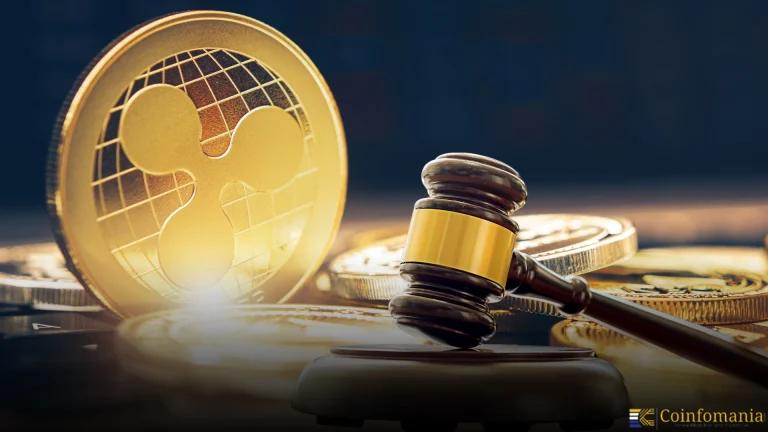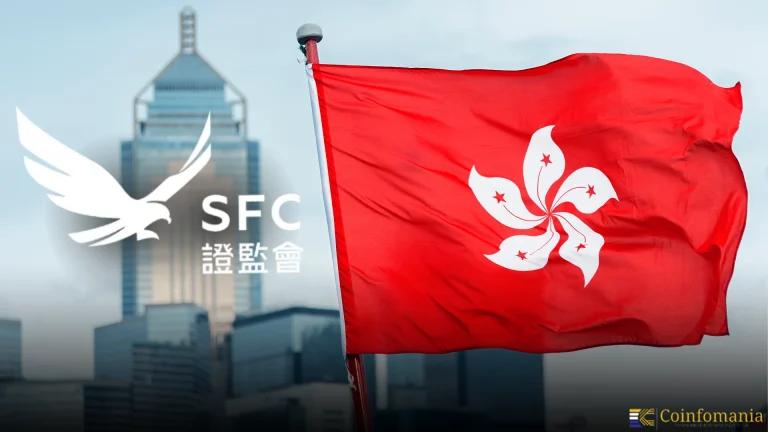Cryptocurrency Regulations in South Korea
South Korea manages cryptocurrencies through rules that neither completely permit their use nor strictly control them. The South Korean government permits blockchain development while setting firm rules that help guard people who invest money and ensure fair market practices. Cryptocurrency traders must follow South Korea’s laws since the nation’s regulation influences their financial activities. Citizens […]

South Korea manages cryptocurrencies through rules that neither completely permit their use nor strictly control them. The South Korean government permits blockchain development while setting firm rules that help guard people who invest money and ensure fair market practices.
Cryptocurrency traders must follow South Korea’s laws since the nation’s regulation influences their financial activities. Citizens strongly accept virtual currencies as South Korea leads the Asian crypto markets.
The main regulatory authorities include:
- Financial Services Commission (FSC) – Sets national crypto policies
- Financial Supervisory Service (FSS) – Enforces regulatory compliance
- Korea Financial Intelligence Unit (KoFIU) – Oversees AML and anti-terrorist financing
These agencies assure South Korea as being a respected and secure place in the world for digital asset activity.
Historical Context
Initially South Korea was skeptical of cryptocurrencies. In 2017, the government banned anonymous trading and prohibited financial institutions from trading crypto derivatives in fear of fraud and money laundering.
In 2020, the Act on Reporting and Use of Specific Financial Transaction Information, which legally recognizes virtual assets as such, was amended, and crypto exchanges were made to register and meet certain security standards.
This track of regulators’ stance on virtual currencies gradually culminated in the 2023 Virtual Asset User Protection Act (VAUPA), which was set to take effect from July 2024 and made it official to oversee virtual assets and protect the investors.
In the long run, South Korea moved away from regulatory caution and embraced a structured approach towards crypto engagement but in sync with the global standards and established a conducive environment for crypto activity.
Regulatory Framework
Key Regulatory Authorities
- Cryptocurrency policy is overseen by the FSC, and it supervises the licensing of Virtual Asset Service Providers (VASPs).
- FSS: Ensures compliance with financial laws.
- VASPs AML compliance and reporting are managed by KoFIU.
Licensing and Registration Requirements
As we can see, all the crypto exchanges operating in South Korea must:
- Register with the FSC
- Get Information Security Management System (ISMS) certification.
- Use real-name verified bank accounts
- Join KoFIU for AML Compliance
KuCoin and MEXC are among 16 foreign exchanges sanctioned in August 2024 for not being registered.
AML & KYC Compliance
The VASPs have to follow strict AML/KYC requirements such as:
- User identity verification
- 15-year record retention
- Reporting suspicious transactions
- Insurance or mutual aid fund enrollment under VAUPA
Taxation of Cryptocurrency
Crypto profits are not taxed as of April 2025, and will be subject to a 20% tax on annual profits exceeding two and half million won in 2028. The delay is a sign of an ongoing debate about whether the market is ready for the service.
Regulation of ICOs and STOs
Since 2017, ICOs have been banned, but a follow up on ICOs review is scheduled as part of the legal framework.
The Capital Markets Law is expected to legalize STOs with an interest in regulated tokenized securities.
South Korea’s Crypto Policies
They are legal transactionally, but legal attention is not given to them. Crypto exchanges have to operate with strict oversight, according to the VAUPA, which was designed to protect users and stop people from manipulating the market.
The mining of crypto is not federally banned, but it might be limited by local levels regarding the use of energy. The federal government does not have any direct policies encouraging or discouraging mining operations.
The government is still working on projects such as:
- A comprehensive oversight is introduced by the VAUPA.
- Plans for institutional crypto trading guidelines by Q3 2025, enabling regulated participation from institutional investors and public institutions
Failure to meet regulations can be quite costly. Under VAUPA, penalties include:
- Fines up to five times the illegal gains
- Business suspension
- Criminal charges in severe cases
While the South Korea regulatory landscape continues to enable crypto, the framework is one that fosters innovation through a tightly defined legal structure, ensuring the country’s legal wrangling will not hinder it in its climb to regional crypto adoption leader.
South Korea’s Approach to Crypto Innovation
South Korea does not include a formal regulatory sandbox, yet, its changing legal framework such as VAUPA and forthcoming institutional trade formalities enable a managed innovation space.
Upbit and Bithumb dominate the market and retail investors are engaged to adopt it. Regulators were discussing Bitcoin ETFs and other investment products, while institutions pounced on Bitcoin ETFs in 2024.
The development of blockchain is also encouraged by the government by backing tokenized financial instruments as well as introducing distributed ledger technology across all sectors. This also demonstrates a willingness to try something new, balanced out by well defined rules to comply and to protect the consumer.
Notable Challenges and Issues
There are several challenges faced by South Korea’s crypto sector:
- Local policies—namely, those dictating mining energy use—also vary, despite clearly defined national laws.
- Decentralised finance is hard to regulate: AML is hampered by the presence of anonymous wallets.
- Foreign exchanges that run without a license remain hidden from confinement until discovered.
- Public sentiment is mixed. The younger, tech-savvy users are lapping up crypto while the older generations are scared by scams and volatility.
South Korea is still working out its framework in order to ensure user trust and regulatory credibility, despite the hurdles.
Key Regulatory Trends and a Future Outlook
Key recent developments include:
- Effective July 2024, VAUPA includes penalties for misconduct and transparency in trading.
- In May 2024, exchange listing rules were tightened in order to protect investors.
- With Q3 2025 slated for the introduction of institutional trading guidelines, wider professional access to the crypto markets will be opened
Ahead, the regulations are anticipated to become more restrictive in order to protect users and promote international cooperation with bodies such as the FATF.
As the 20% crypto tax remains still deferred until 2028, there is ongoing talk as to when they may revisit the timeline.
South Korea’s evolving model is influencing crypto policy in other Asian countries. This is putting the Asian nation at the helm of becoming a standard setter as far as best regulatory practices are concerned.
Conclusion
Cryptocurrency in Korea is given a structured and innovation friendly regulatory environment coupled with strong investor protections and developing frameworks like VAUPA.
It is important for investors, developers or businesses to be familiar with these regulations, to stay on the right side of the law when operating in the Korean crypto market and to be able to take advantage of its opportunities.
Given the uncertainty in institutional trading expansion and in tax policies, one should be keeping an eye on land sales through official channels if looking to make money in the long run.
Frequently Asked Questions(FAQs)
1. Is Bitcoin legal in South Korea?
It is yes but not considered legal tender.
2. Is it possible for foreign exchanges to operate in South Korea?
They are prosecuted only if not registered with the FSC.
3. What is crypto tax in South Korea?
Currently Crypto is not taxed in South Korea. From 2028 a 20% tax will be imposed on gains above 2.5 million gain.
4. Are ICOs legal in South Korea?
While ICOs are banned, they could be allowed when future regulations come.
5. Is crypto a currency you can use for purchases in South Korea?
Yes. It’s voluntary merchant acceptance, but it is not legal tender.
6. What is VAUPA?
The 2024 Virtual Asset User Protection Act aimed to regulate the crypto market and protect users.
7. Are STOs regulated?
Soon, STOs are likely to be legalized under the Capital Markets law.
8. What are the consequences for not complying?
Fines up to 5x illicit gains, business suspension, or imprisonment.
9. Is crypto mining allowed?
Yes, it may be restricted courtesy of environmental concerns.
10. Is South Korea crypto-friendly?
Yes, and it encourages innovation while it still also enforces strict oversight.
Follow us on Google News
Get the latest crypto insights and updates.
Related Posts

Ripple Highlights Custody as Key to $18.9T Tokenized Assets by 2033
Shweta Chakrawarty
Author

Hong Kong SFC Issues New Custody Rules for Crypto Platforms
Shweta Chakrawarty
Author

South Korea and Vietnam eye $150B trade despite Trump tariff
Shweta Chakrawarty
Author